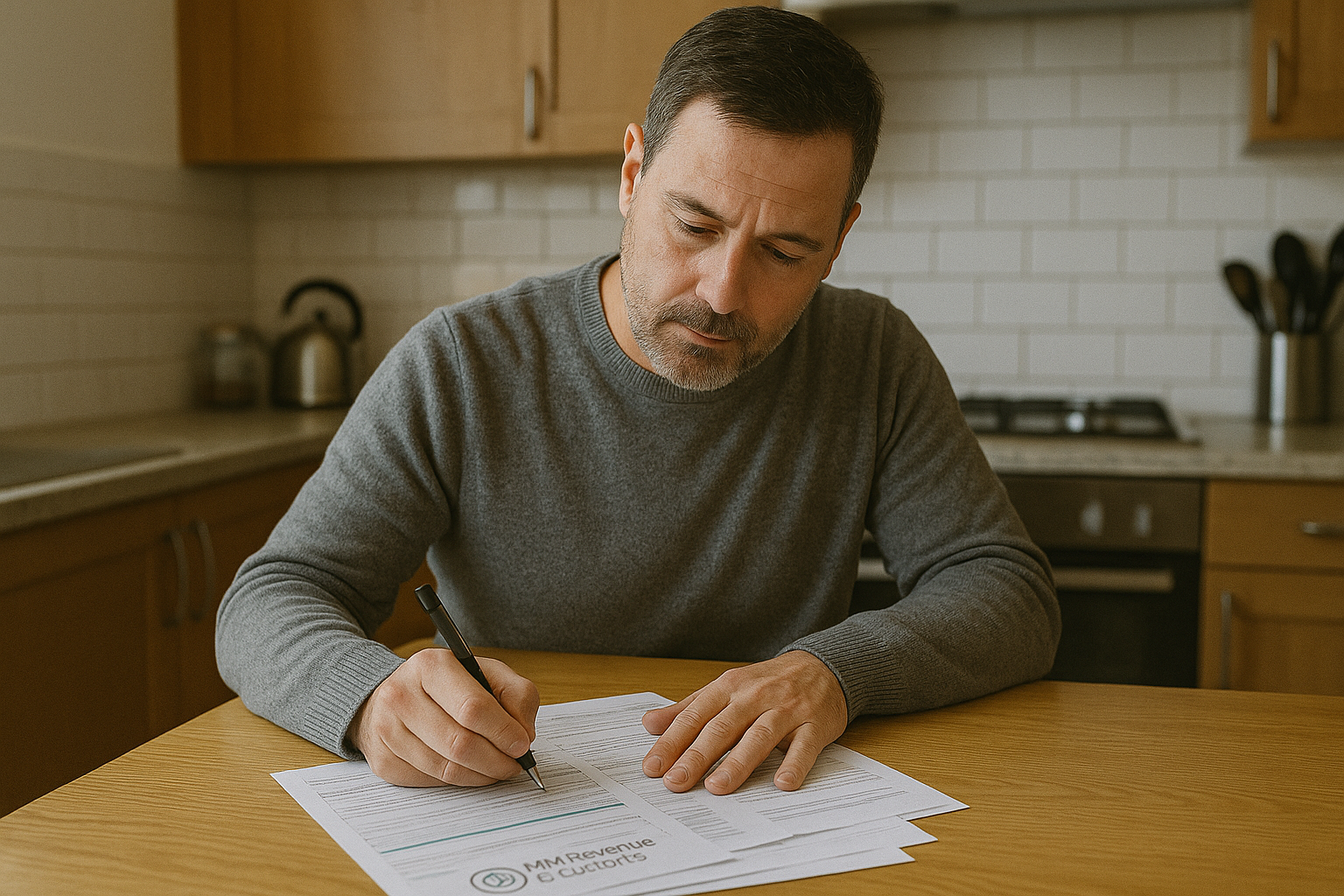Why So Many Carers Are Missing Out on Their State Pension
Across the UK, millions of people provide unpaid care for loved ones. They give up jobs, reduce their hours, and put family first. For decades, the government promised that these sacrifices wouldn’t harm their retirement.
That promise was called Home Responsibilities Protection (HRP) — introduced in 1978 to make sure carers and parents still built up their National Insurance (NI) record.
But many carers have since discovered that HRP was not always recorded correctly. The result? Their pensions are hundreds or even thousands of pounds lower than they should be.

The Hidden Cost of Caring
Carers often describe their role as a “labour of love.” It saves the NHS and social care system billions every year, yet the personal cost can be overwhelming.
- Lost income from leaving paid work.
- Exhaustion from juggling care and family life.
- Isolation, with little recognition of their contribution.
And now, for some, a smaller State Pension than they were entitled to.
Where HRP Went Wrong
Between 1978 and 2010, HRP should have protected carers. But the system relied on local authorities and benefit forms being filled in correctly.
- Foster carers were frequently overlooked.
- Carers on Income Support were sometimes not counted.
- Before 2000, Child Benefit forms didn’t always record NI numbers — meaning HRP was never linked to the right person.
Tens of thousands of carers have discovered gaps in their NI record that never should have been there.

Real Stories
Take Sarah, for example. She spent over 15 years looking after her disabled son. She assumed her pension would reflect those years of care. When she retired, she was shocked to find she was missing eight years of NI credits.
After Evanshaw corrected her record, Sarah received £11,000 in arrears and an extra £39 a week on her pension.
Her story is not unusual — but far too many carers still haven’t checked.
Why Carers Rarely Check Their Records
Unlike people in full-time work, carers aren’t used to checking payslips or pension statements. Life is too busy with day-to-day responsibilities. Many simply assume the government records things correctly.
This trust has left thousands at risk.
- Carers are less likely to receive financial advice.
- They often don’t hear about HRP unless through word-of-mouth.
- Many assume it’s too late to claim — even though it isn’t.
The Long-Term Impact
Even one missing HRP year reduces your pension by around £275 a year. Over a 20-year retirement, that’s £5,500 lost. For carers with 5–10 missing years, the losses can reach tens of thousands of pounds.
This money could mean:
- Being able to heat your home properly.
- Covering rising food and energy bills.
- Living with dignity after years of sacrifice.
How Evanshaw Helps Carers
At Evanshaw, we believe carers should never be penalised for the help they’ve given others. Our role is simple:
- Check NI records for missing HRP years.
- Submit claims with the right evidence.
- Deal with HMRC on the carer’s behalf.
- Recover arrears and increase weekly pensions.
It’s about making sure the system finally recognises what carers gave.

Final Thought
Carers spend their lives putting others first. HRP was meant to ensure that those years of service didn’t leave them short in retirement. If you were a carer between 1978 and 2010, your pension story isn’t finished — you may still be able to put things right.
👉 Don’t miss out on money you’ve already earned. [Check Your Eligibility Now](https://evanshaw.co.uk/carer/check-now/)
